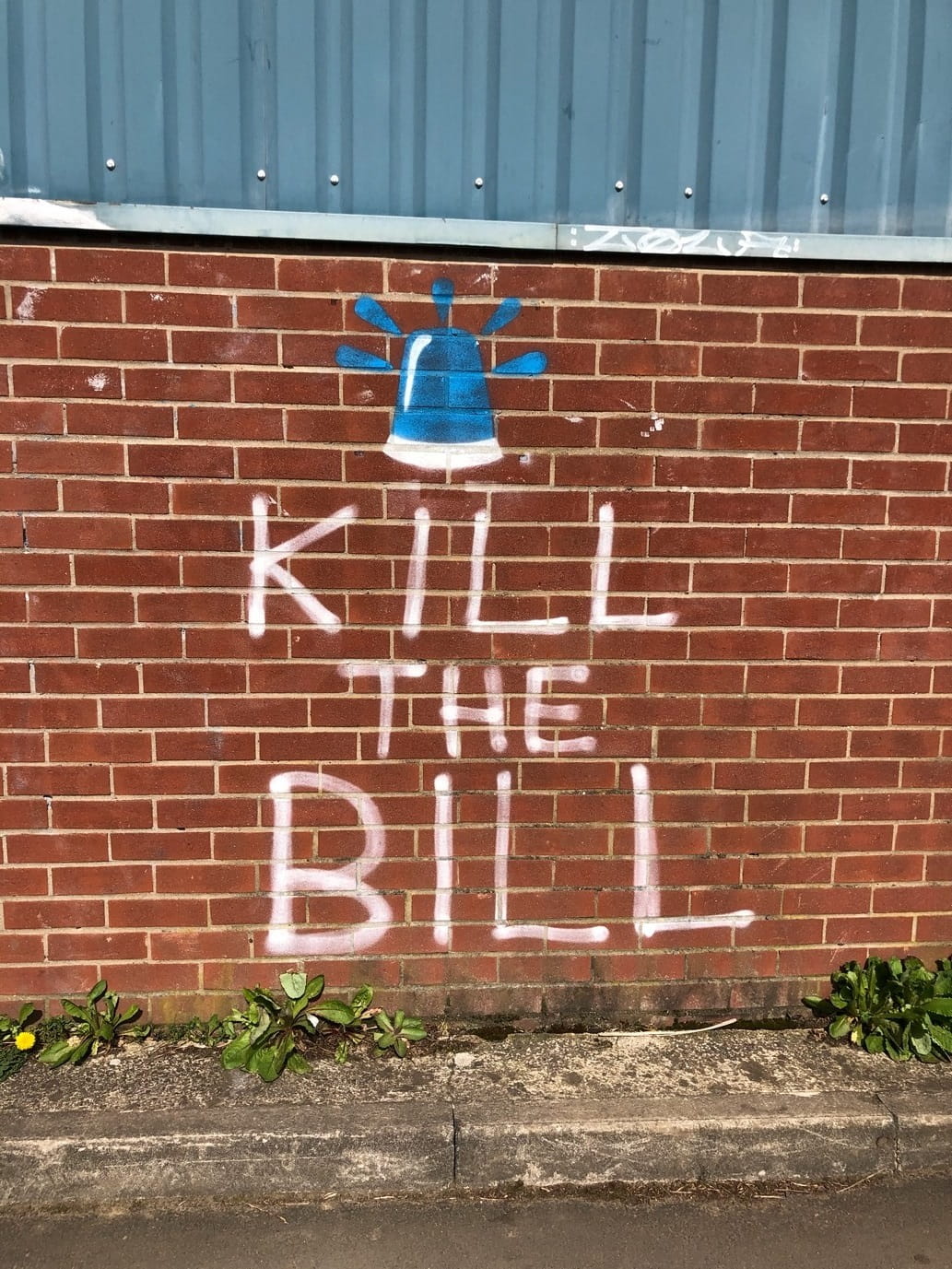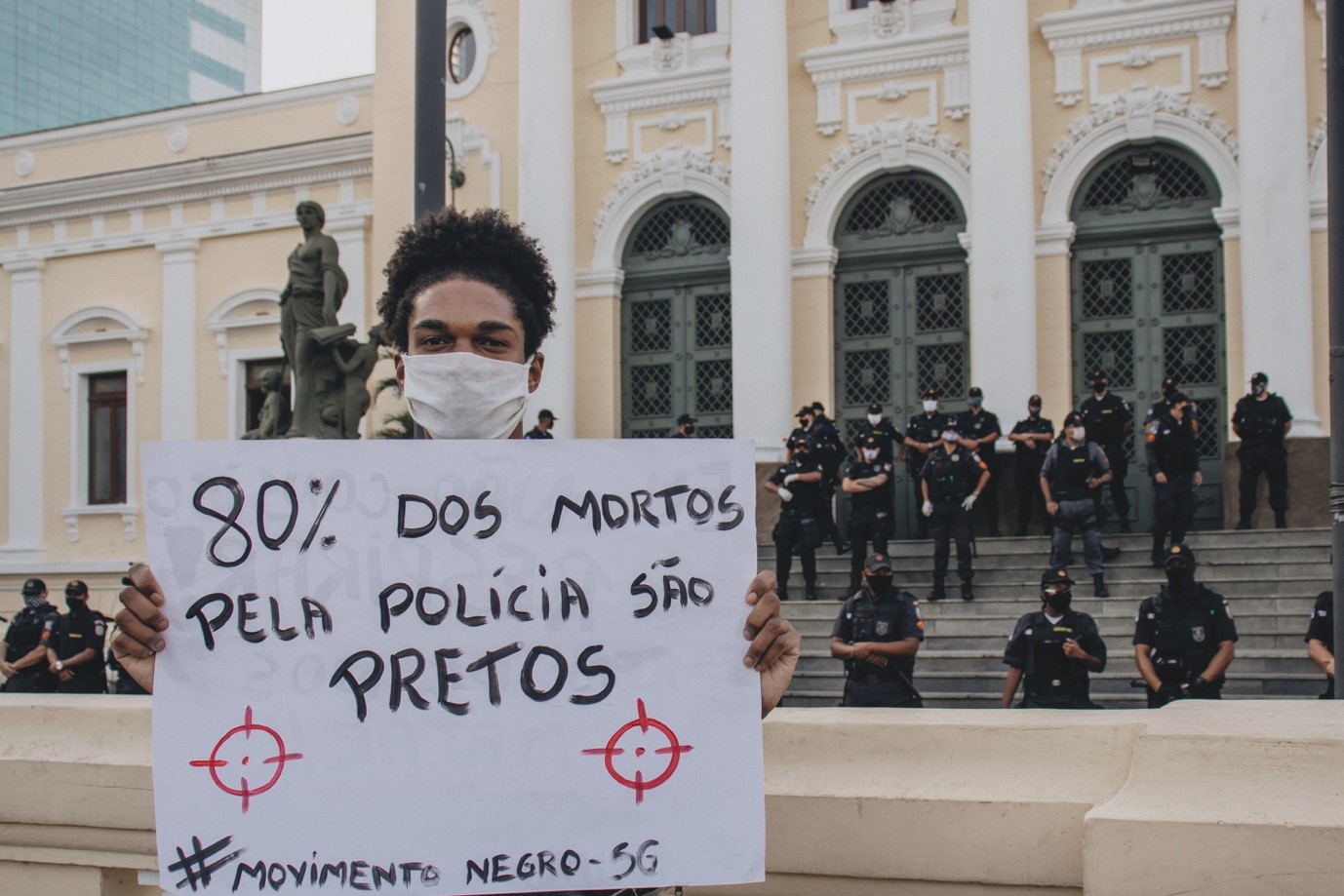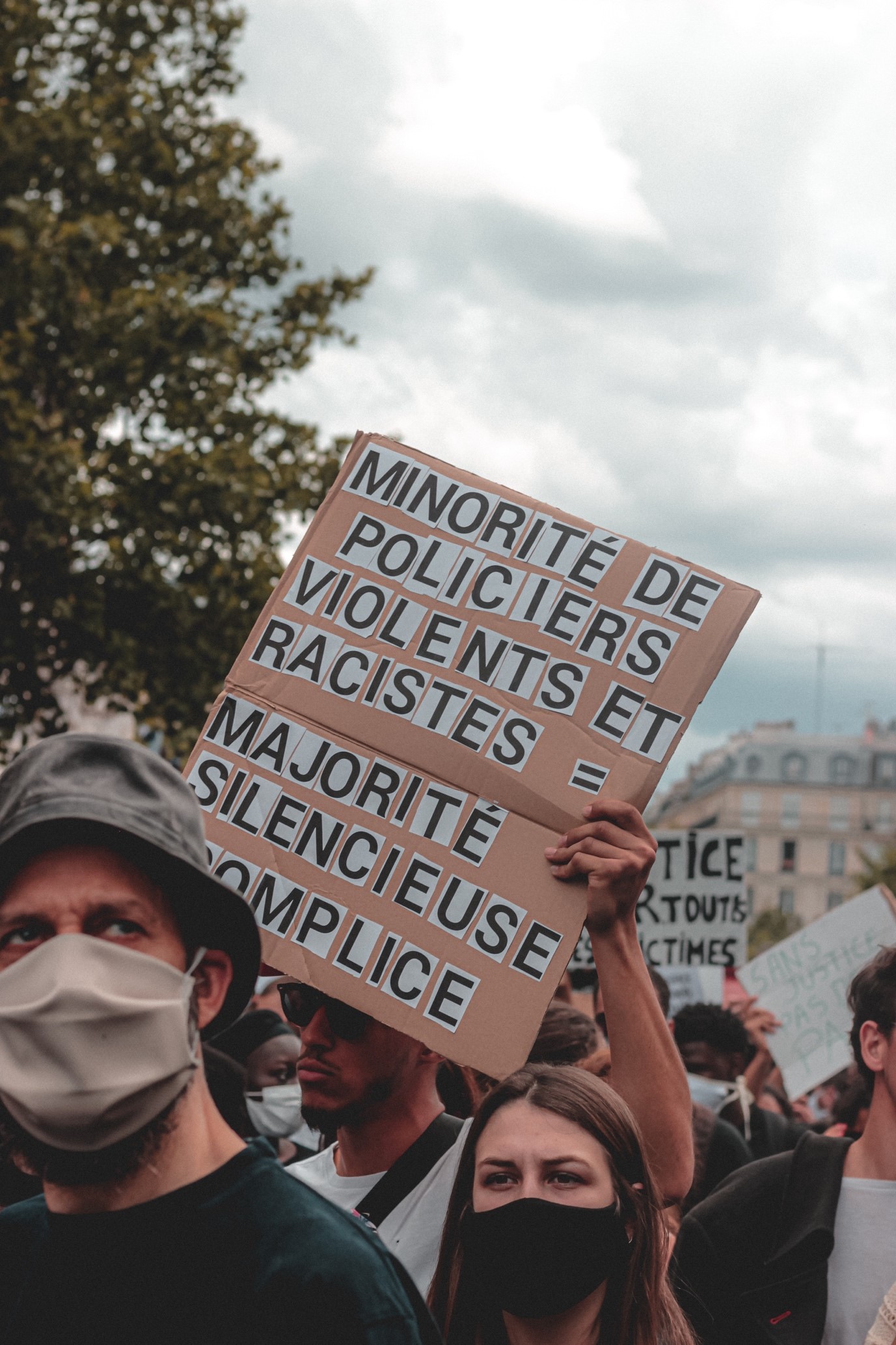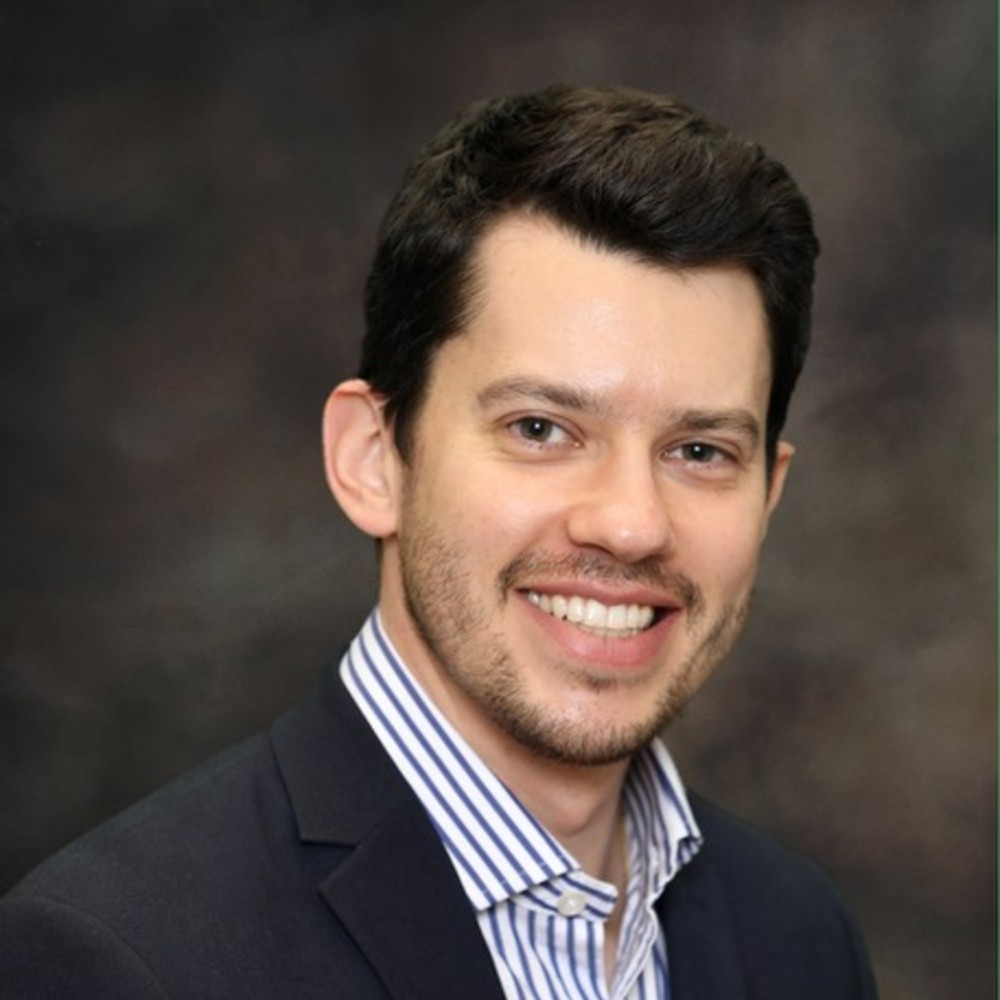Police mistrust keeps hitting unequal societies but there are ways to restore confidence

Powerful signs of citizens’ anger and suspicion against the police keep occurring worldwide, sparked by viral broadcastings of cruel abuses towards less favoured social groups, brutality against street protestors, and the fatal shootings of citizens by armed uniformed agents.
In Great Britain, most recently, the “kill the bill” social movement showed people challenging governmental plans to give further attributions to the law and order agencies when coronavirus’s turbulent times have demanded extra police powers. In the United States, the Black Lives Matter movement encapsulates citizens’ demands for police reform and greater justice equality. Recent protests in Athens, Brussels and Paris provide evidence for the wide reach of citizen demands for more police accountability in high-income countries.

Photo by Carlos Solar
In the emerging economies, where inequality has shown to be a strong predictor of crime, the feeling is mutual. People are fed up with corrupted, abusive, and ever-growing inhumane police treatment. The coronavirus pandemic has exacerbated inequalities in health, income, access to public services, education, and maybe more seriously, the rule of law heavily undermined the seemingly broken citizen-police bond worldwide. The crux of the matter seems to be how the street-level discontent with the police is representative of the larger population.
Brazil, Nigeria and South Africa
One reason why citizens do not trust the police is the long-term structural relationship defining the historical roles, culture and practises of the police and the feeling these have created in the public when deviance, abuses and injustices have persisted.
In my own research, I found that victims of police corruption asked to pay a bribe have a negative perception not only in law enforcement, but also in the judiciary and the political system. Also, another type of police corruption—police protecting criminals—is a robust and statistically significant predictor of people’s mistrust in institutions.
Although countries have ad-hoc circumstances, less confidence in the police is usually reflected among those minority groups most heavily affected by substantive justice inequalities that include disproportionate rates of arrests, prosecution and imprisonment.
Take the example of Brazil where, despite a global hype for its macroeconomic growth, huge wealth inequality remains across gender, age, and race divides. Pockets of urban inequality in Brazilian megapolis are home to impoverished local communities caught in the crossfire of heavy police militarisation and armed criminals.
Surprisingly, data from the 2018-2020 wave of World Values Survey, reveals that 54.1 per cent of respondents say they trust the police a ‘great deal’ and ‘quite a lot’, going up by 9 percentage points compared to the 2014 wave of the survey. The race or ethnic group with less trust in the police were the Indigenous (70.7 per cent), followed by being Black (51 per cent), Dark or Brown (43.8 per cent), and White (43.7 per cent).

Photo by Michelle Guimarães from Pexels
A majority of those experiencing the failures of the criminal justice system were race and gender minorities. From those in the WVS dataset stating they were a victim of crime during the past twelve months, 56.3 per cent were self-identified with race or ethnic groups other than being White. Females accounted for 52.5 per cent of the crime victims.
A further case is South Africa, one of the four most unequal countries based on income measures. Here citizens, especially women, have taken the streets protesting femicide and gendered violence, claiming in return for equal substantive justice. Many times, protestors are met with iron-fist police brutality.
Data from the 2018 round of the Afrobarometer shows that 65.8 per cent of South Africans had ‘just a little’ and ‘not at all’ trust in the police. Grouped by race and ethnicity, respondents identified as Coloured/Mixed race showed the highest levels of mistrust in the police (73 per cent), followed by being Black/African (65.6 per cent), White (59 per cent), and South Asian (54 per cent).
In Nigeria, where 40 per cent of its population live below the country’s poverty line, citizens are demanding an end to decades of police brutality and government complicity most recently embodied in the nationwide EndSars movement.
Although Nigerian women took the lead in organising and spearheading protests, mistrust towards the police is also shared with males. According to the World Values Survey, 63.1 per cent of males and 62.8 per cent of females favoured the combined ‘none at all’ and ‘not very much’ category when asked how much confidence they had in the police. Females were more likely than males to feel “often” and “sometimes” less safe from crime in their own homes.
Repairing trust: A worldwide problem
There are at least two ways to help amend things and restore some citizen confidence in the police.
First, it remains in the hands of our national and local governments, legislators and policymakers to start a larger discussion on inequality and a lack in the rule of law that is not predetermined by crime and violence only, but also on how the police can stigmatise, label, and reproduce social inequalities and social exclusion including perennial discriminatory tactics that augment the confidence gap.

Photo by Mathias P.R. Reding from Pexels
Second, we should keep police accountable in ways that are legally and civically permitted. Police forces are historically connected to the communities they serve, but this relationship needs reparation with the help of bottom-up approaches. Back in the advanced economies, for example, the London Mayor’s Office evaluates how police can better understand what the local issues are and how the concerns of local people can be solved while protecting and treating everyone fairly.
Can best practices travel the world and repair police-citizen confidence elsewhere? Probably we should begin by acknowledging that in unequal societies, minorities need a more significant say in the control of crime and delinquency including how police enforce the law. This would not only improve our ways to represent a more equal society that would in turn support political institutions more keenly, but it would condemn systemic and targeted brutality, racism, and injustices more strongly.
